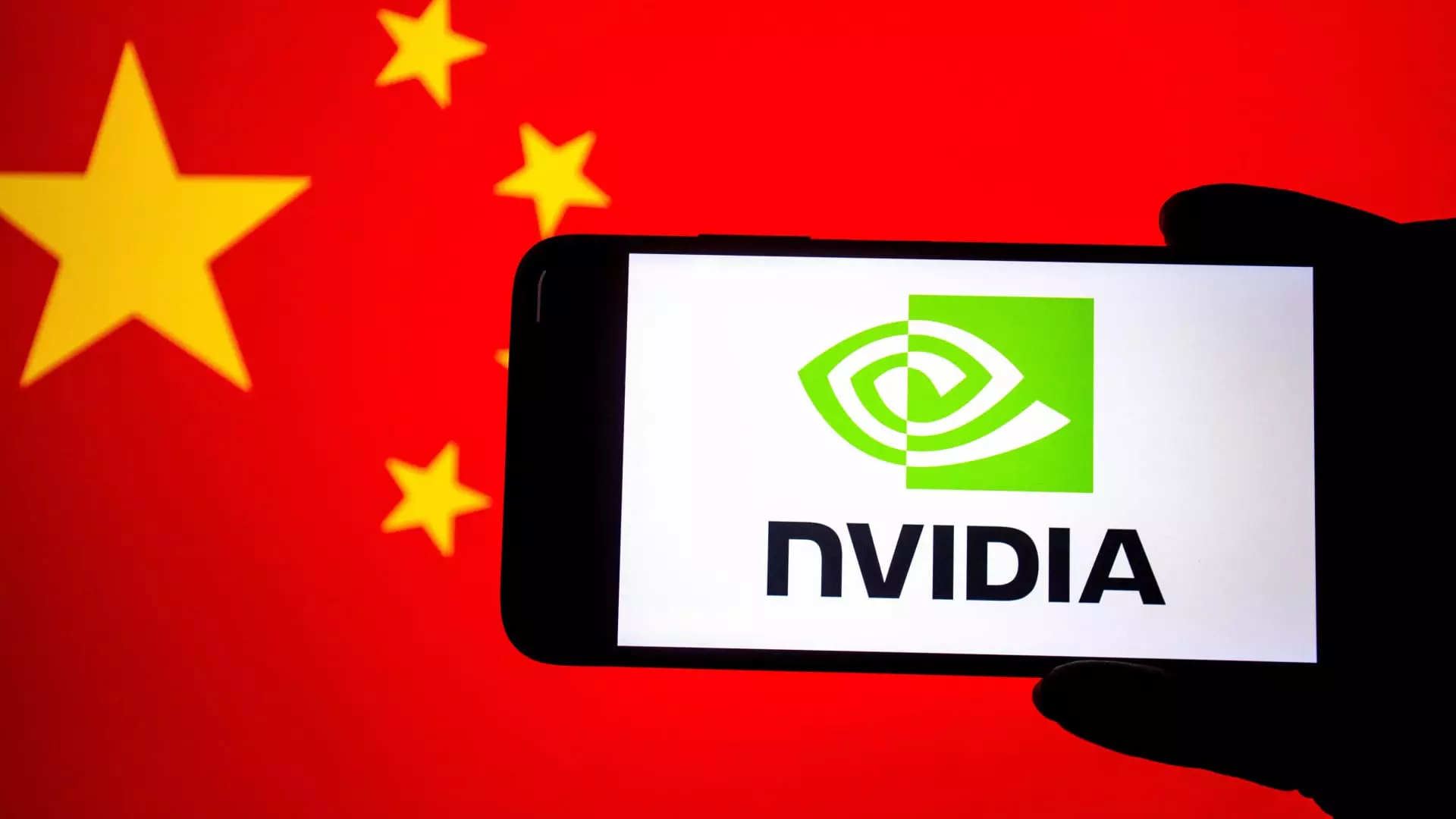In an era where technological supremacy dictates geopolitical power, the recent crackdown on Chinese nationals attempting to illicitly export US-made AI chips exposes deeper vulnerabilities in our national security. This incident is not an isolated anomaly but a symptom of a relentless game of chess played behind closed doors. The defendants, Geng and Yang, represent more than petty criminals; they symbolize a broader effort by foreign actors to undermine America’s technological edge. As the world becomes increasingly reliant on artificial intelligence, these microchips—particularly those like Nvidia’s H100—are at the heart of a silent war over innovation.
From the outset, this case underscores the importance of export controls. The US government, aware of the strategic importance of advanced semiconductor technology, has taken measures to stop such illicit trade, yet the persistence of these efforts indicates that enforcement alone cannot entirely impede determined entities. The infiltration of Chinese suppliers, often through covert channels and transshipment points in Southeast Asia, shows just how sophisticated and persistent these attempts are.
The Weaknesses and Strategic Failures in Our Defense
The fact that suspects established a company, ALX Solutions, only months after the US imposed export restrictions is telling. It reveals a blatant disregard for legal boundaries, exposing a fundamental flaw in the current regulatory framework: enforcement is reactive, not proactive. While the US has made commendable efforts to control the flow of sensitive technology, the core issue remains unresolved—how do we stay several steps ahead of adversaries who are rapidly evolving their methods?
It is clear that relying solely on companies like Nvidia to vet and verify sales is inadequate. Nvidia’s assertion that they adhere strictly to export laws is valid, but the fact remains that small, often obscure exporters can still become conduits for illegal technology transfer. The real challenge lies in creating a comprehensive, intelligence-driven system that anticipates attempts before they happen, rather than just responding after shipments are discovered. Our current approach resembles a game of whack-a-mole rather than a strategic defense.
Implications for National Security and Economic Leadership
The infiltration and diversion of cutting-edge AI chips threaten more than just corporate profits; they endanger national security and global stability. As China and other competitors expand their technological capabilities, the US must recognize that its strategic advantage is under siege. Defending it will require a combination of stricter regulatory measures, better international cooperation, and enhanced intelligence efforts. The US cannot afford to be complacent or overly trusting of corporate self-regulation, especially when the stakes involve critical technological infrastructure.
This case also raises questions about how the US balances openness and security. While innovation thrives amid a liberalized market environment, unchecked proliferation of sensitive technology risks transforming the US from a leader into a target. To preserve our technological edge, we must prioritize safeguarding our core assets—investing in both the legal infrastructure and in a more aggressive intelligence apparatus that actively prevents these breaches, rather than merely addressing their aftermath. The stakes are too high for indecisiveness in a rapidly shifting global power dynamic.

